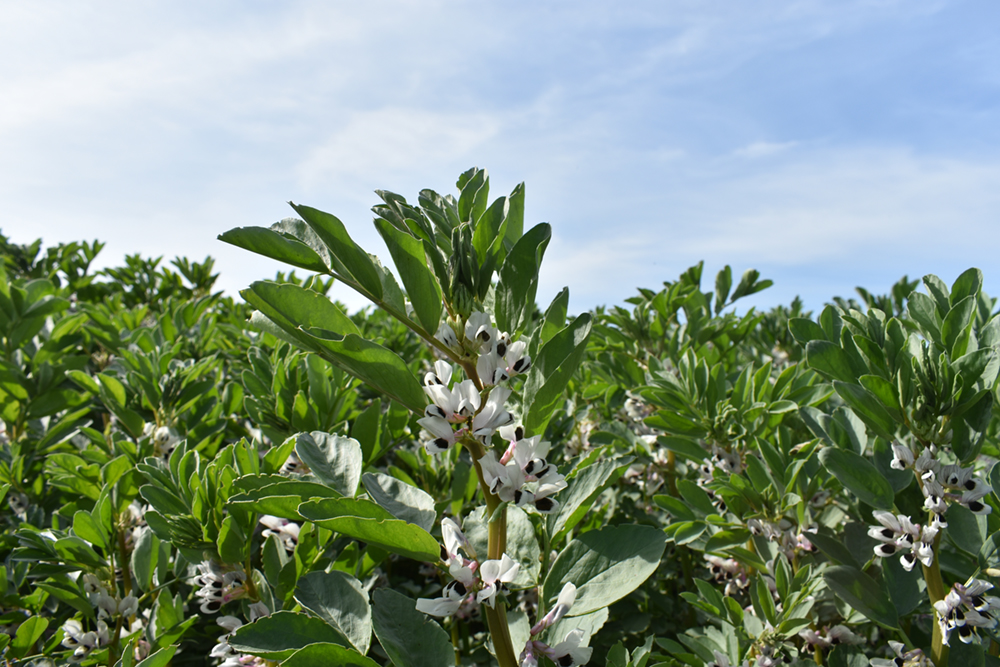

Imperial scientists launch microbe lab to test food production in space
A team of UK researchers has successfully launched a miniature, fully automated laboratory into Earth orbit to investigate whether specially engineered microbes can produce food and other essential supplies in the microgravity environment of space.
The mission, which blasted off aboard a SpaceX rocket late Monday night (21 April), marks a major step forward in the development of precision fermentation for off-Earth applications. The orbital experiment is part of a collaboration between Imperial College London, Cranfield University, and commercial partners Frontier Space and ATMOS Space Cargo.
Led by Dr Rodrigo Ledesma-Amaro of Imperial’s Department of Bioengineering, the project aims to assess the viability of using yeast strains to produce edible proteins, bioplastics, pharmaceuticals, and even fuel during extended space travel. The initiative is grounded in the vision of reducing the heavy and costly payloads currently required to support astronauts on deep-space missions.
“We dream about a future where humanity heads off into the dark expanses of space,” commented Dr Ledesma-Amaro, who is also a researcher at the Bezos Centre for Sustainable Protein and the Microbial Food Hub at Imperial. “But carrying enough to feed ourselves on the journey and at our destination would be unimaginable in cost and weight. If just a handful of cultivated cells could provide all our food, pharmaceuticals, fuels, and bioplastics using freely available resources, that would bring the future closer.”
Feeding astronauts currently costs an estimated £20,000 (US$24,800) per person per day. The research team sees microbial production systems, already gaining traction on Earth for sustainable food and ingredient manufacturing, as a promising solution for space missions that may one day travel to Mars and beyond.
The miniature 'lab-in-a-box' technology, known as SpaceLab Mark 1, is the first of its kind developed by Frontier Space. The autonomous module was launched aboard Europe’s Phoenix spacecraft, the continent’s first commercial vehicle capable of returning payloads from space. The microbe cultures inside the lab will be returned to Earth after the mission to assess how space travel and microgravity conditions affect their function, growth, and storage.
“This mission represents a major milestone in democratizing access to space research,” added Aqeel Shamsul, CEO of Frontier Space. “Our technology enables researchers to conduct sophisticated experiments in microgravity without the traditional barriers to space-based research.”
With the International Space Station set to be retired later this decade, researchers and private companies are racing to establish new platforms and technologies that can support human activity in orbit and beyond. The Imperial-led project contributes to this next wave of innovation, aiming to integrate bio-manufacturing into future space infrastructure.
The study also has significant implications for sustainable food systems on Earth. Dr Ledesma-Amaro and his team are focused on developing clean-label, nutrient-rich, non-animal foods using microbial fermentation – a technology that has garnered growing attention for its potential to reduce the environmental impact of protein production.
By combining expertise in bioengineering, space science, and advanced manufacturing, the project represents a multidisciplinary effort to solve both planetary and extraterrestrial challenges. The results are expected to inform future developments in space-based food production, pharmaceutical synthesis, and resource recycling – critical components of any long-duration space mission.
For now, researchers await the return of the Phoenix capsule and the microbe samples it carries, hoping to take one more step toward making off-world living a practical reality.
If you have any questions or would like to get in touch with us, please email info@futureofproteinproduction.com

.png)






